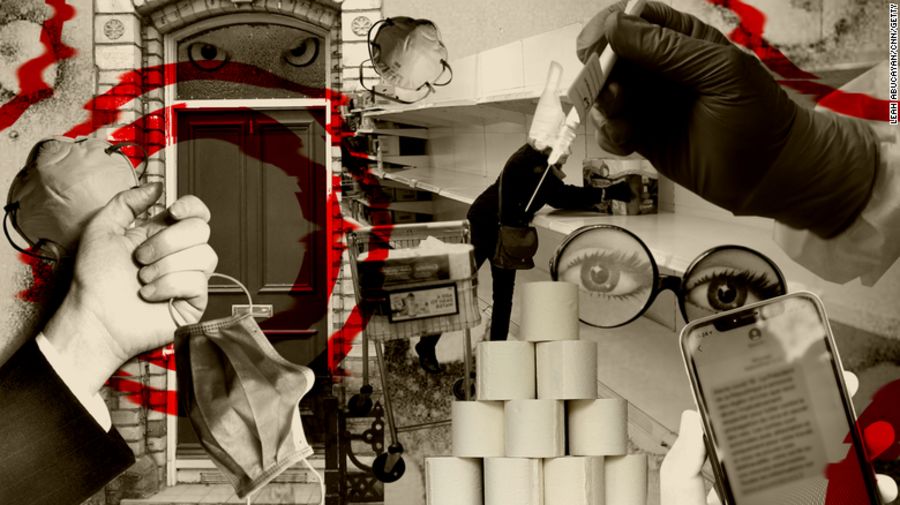Pandemic paranoia is a real thing, say mental health experts
"The pandemic has brought on great uncertainty and stress," said Dr. Bandy X. Lee, a New York City-based forensic psychiatrist who is currently president of the World Mental Health Coalition.
Contributing to this is an uncertain economic environment and the active disinformation around both the pandemic and other issues perpetuated by historically trusted institutions, like the US government and the office of the President.
"The exceptionally prolonged lockdown because of ineffective management and the subsequent social disruptions and economic misery -- in many ways worse than the Great Depression, with tremendous inequities, hunger, homelessness, unemployment, and despair -- are already leading to rampant drug addiction, depression, suicides, and homicides," Lee said.
"Meanwhile, we now have a large segment of the population that has been encouraged and conditioned to avoid reality. When living in delusion, detached from reality, one naturally becomes paranoid because facts and evidence are constantly 'attacking' these false, cherished beliefs," she added.
The symptoms of paranoia can range from the very subtle to completely overwhelming and can exist with or without other mental conditions, according to Lee and major medical associations. People don't need to have diagnosable mental health disorders to have paranoid thoughts or feelings.






.jpeg)
Comments
Post a Comment